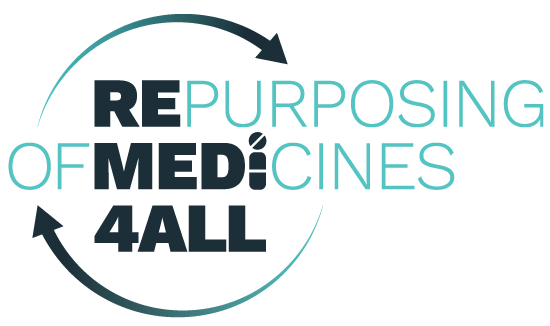Reformulations are changes in a drug’s “molecular formulary,” including any combination of changes in active ingredient concentrations, inactive components, or changes in the means of drug delivery. When drugs that have been FDA-approved are reformulated, the data used for the original approval can often be used to support the new application (examples appear in Table 1). In this way reformulation can represent a shortcut past some regulatory hurdles faced by drugs classified as NMEs. While patent protection is certainly a factor in the prevalence of reformulations, improvements in therapeutic efficacy are the overriding motivator. Often these improvements are the result of knowledge of a drug’s properties gained following approval, when the number of patients (and physicians) with first-hand experience grows from clinical-trial levels to tens of millions.
© 2025 REMEDi4ALL. Privacy Policy | Legal Notice
Close Menu
- About Us
- News & Events
- iDRThe iDR Conference Series is an annual global conference series where key opinion leaders from research and patient communities, funders, regulators and representatives from the private sector participate to collectively advance innovative drug repurposing in Europe and beyond.
- Column wrap 2
- NEWS
- Concierge
- Column wrap 1
- DRUG REPURPOSING CONCIERGEExpert guidance and collaboration in drug repurposing. Connect with our team for a tailored 30-minute consultation to explore funding, regulatory pathways, scientific support, and advocacy opportunities. With 120+ inquiries handled and a 100% response rate, we’re here to help navigate the path from discovery to market.
- Column wrap 3
- Training
- Resources
- Connect


